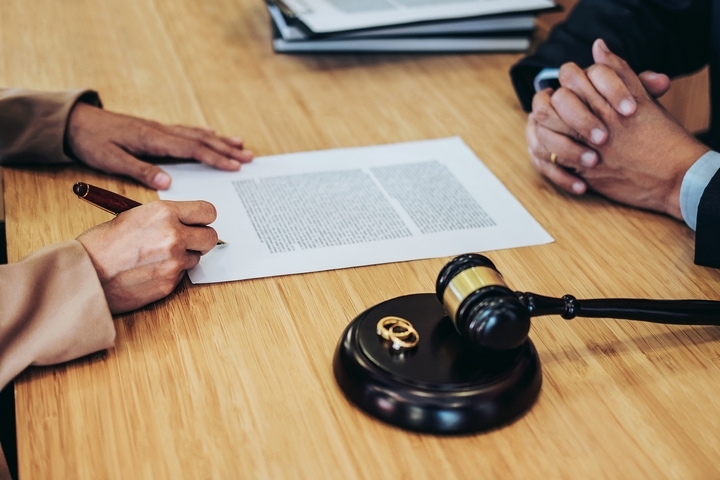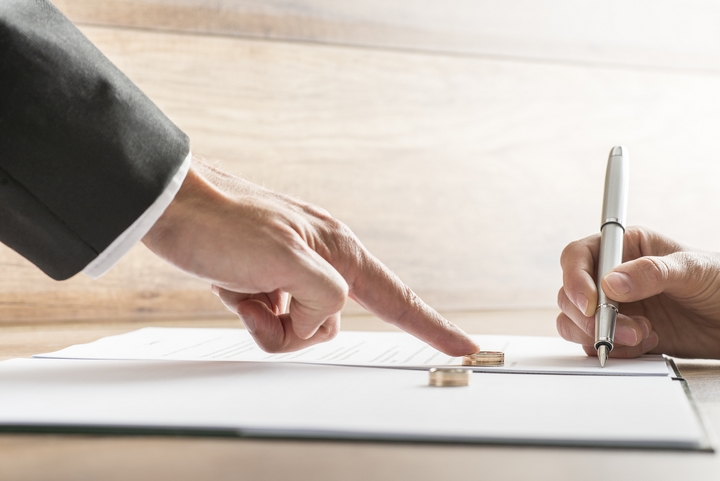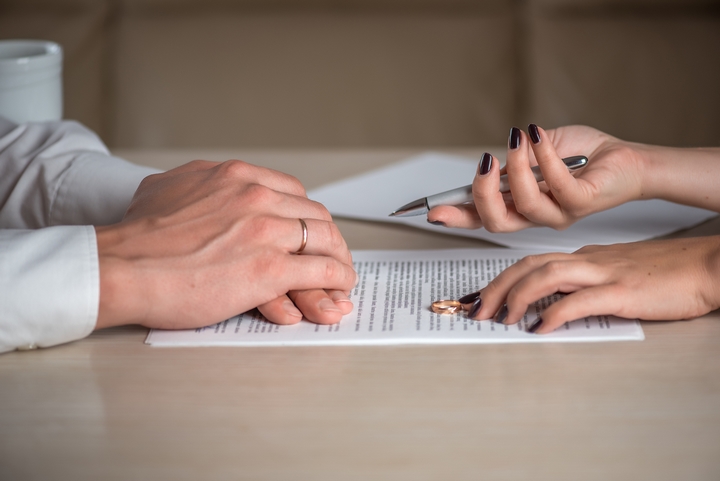
Filing for bankruptcy after divorce can come with a lot of tricky problems. As a rule, money comes with many issues. Having a lot makes some people complacent, while not having enough puts people on a tailspin as they spend every waking minute scheming on how to earn the coveted dollar legally. It’s a catch-22 situation where those who have it have to guard against recklessly spending it, and those who don’t have enough of it have to judiciously spend the little they have while seeking for ways to expand their means.
In a marriage situation, there is likely to be contention among partners as to what belongs to who, and us, and sometimes separating the two is a razor-thin exercise that mostly cuts too close for comfort. The situation can get worse should a marriage end in divorce.
All of a sudden what was ‘ours’ is shared as a divorce court deems fit. The result is that both parties find themselves with diminished means and teetering on the brink of bankruptcy. By the time you get to this place, you may have some specific questions about bankruptcy after divorce:
1. Can Divorce Lead to Bankruptcy?

During this period, you and your spouse are likely to be very emotional, especially if it is your first divorce. As a result, many people spend their finances irrationally, making rash financial decisions that leave them under a pile of debt. The divorce process is itself costly, while debts accumulated during a marriage have to be paid.
Add to this other incidental expenses such as having to pay for rent now that you are living separately. These are just a few added expenses that could lead to bankruptcy after a divorce.
2. Should We File for Bankruptcy Jointly After Divorce?

This usually depends on your financial situation and how you plan to resolve it. If both you and your partner can work together without going at each other’s necks, you can file for bankruptcy jointly as this will halve the cost of doing so and help in the divorce settlement.
However, if each partner files for bankruptcy separately, you could cumulatively end up paying double what you should have paid had you pursued bankruptcy together.
3. Will Alimony and Child Support Payments Be Made?

Alimony and child support payments are set by the court and stipulated in the divorce settlement. When you file for bankruptcy, this does not exempt you from paying the agreed alimony.
However, you can make a new argument in court so your other debts can be addressed to be able to pay alimony and child support. Under the bankruptcy law, this is seen as surplus income and can reduce the bankruptcy lifespan.
4. What Happens When the Debt Is to Be Paid by Both Spouses?

When both spouses are responsible for debt repayment, the settlement agreement that stipulates one of the spouses should repay the debt does not exempt the financial responsibility of the other. In the event one of the spouses filing for bankruptcy fails to pay, the obligation to pay the debt is transferred to the other spouse.
The creditors will still expect full payment. The creditor or bank may not be sympathetic to the situation to agree to change the payment plan.
5. What Happens Where Spouses Have Joint Assets?

When dealing with assets during a divorce settlement, each of the spouses lists both their individual and joint assets, which are then shared equally among them. If a spouse files for bankruptcy before a divorce is finalized and there is no agreement on how the assets should be divided, the bankruptcy law stipulates that the assets should go towards payment of debts. This affects the assets to be shared. It is therefore advisable to file for bankruptcy after divorce proceedings have been finalized.
6. How Do You Deal with Finances After Divorce?

After a divorce, if you had a joint bank account, you should open a new one with a different bank. There have been instances where a spouse would go on a spending spree to incur debts, ostensibly to frustrate the other partner. Talk to your bank about putting a credit limit on the joint account. Discuss with your Ex and stop the use of joint credit cards. You may even need to close the account and open new separate ones.
When going through a divorce, emotions run wild while sound judgment is shrouded in excessive spending. Sometimes there is too much going on that trying to keep up with the bills and loan payments could seem like an irrelevant footnote. However, it’s essential to have your wits with you even in a fiercely contested divorce.
Keeping your finances in order will help you avoid the eventuality of filing for bankruptcy. Try to keep up with bills and debt payments. Even during this emotional rollercoaster, be open to talking things out with your spouse to find the best way to file for bankruptcy after divorce. If you can do it jointly, the better instead of waiting for creditors to descend on you.
